In 2001, an outbreak of foot and mouth caused a crisis in British agriculture and tourism, with more than 2,000 cases of the disease reported; over 10 million cows and sheep were killed, costing the UK an estimated £8bn. On the back of this, numerous food initiatives, projects and events began taking place across Britain to champion the industry – but there was no overall flagship event to bring them to the public’s attention.
This changed in 2002, when Alexia Robinson launched the first British Food Fortnight. Held during the autumn, at the same time as the harvest festival, the fortnight is the biggest annual, national celebration of British food and drink. It aims to use the fun of a national celebration to encourage people to actively seek out British food when they are shopping and eating out.
The fortnight, held this year from 23 September-8 October is now organised by Love British Food (LBF), which provides year-round advice on producing, buying and eating British, and includes information for all sectors on how to get involved with, and organise, British food promotions and events across the UK.
What is unique about LBF is that it is the only organisation that can advocate a strong ‘Buy British Food’ message (EU rules prohibit the main farming organisations and the government from giving a clear ‘buy British’ message to domestic consumers). LBF uses this unique position to encourage retailers and caterers to choose British food.
Love British Food 2017 is sponsored by Co-op Food, itself a reflection of co-ops’ commitments to local communities – whether that community is members, suppliers or customers. In May, the Co-op Group also became the first retailer to switch all of its own-brand fresh meat to British suppliers; the retailer only sells British beef, chicken, ham, pork, sausages, duck and turkey and only uses British meat in its own-label chilled ready meals, pies and sandwiches. The only exception is cured meats and continental varieties in ready meals and sandwiches, such as chorizo.
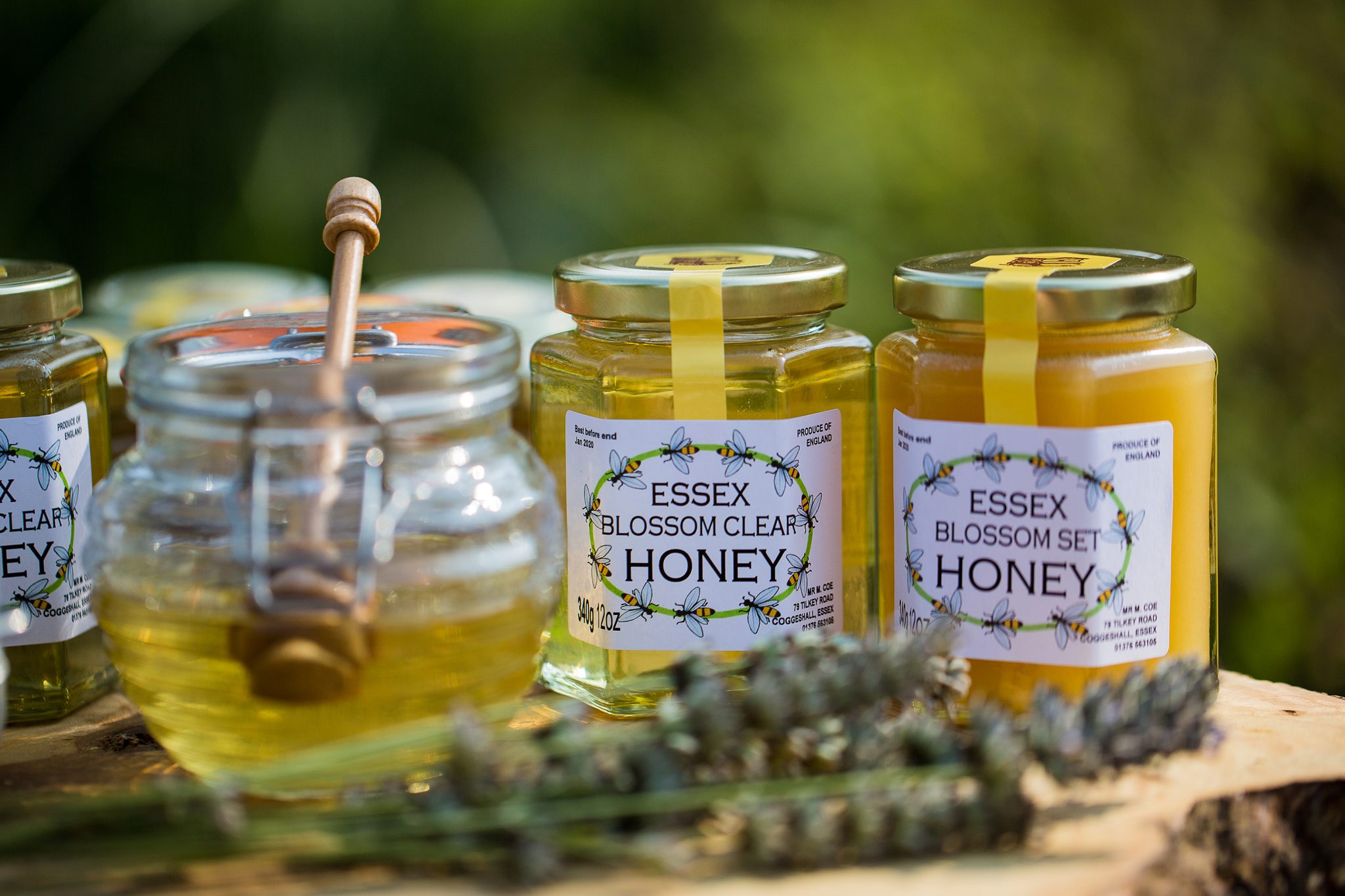
Most UK retail societies were founded on the idea of providing affordable, uncontaminated food to their members – and this is certainly true for the East of England Co-operative, which is supporting this look at British food.
In 1861 the community of Colchester, led by Robert Castle, united to establish a shop selling quality food at affordable prices – which until then was not the norm. This shop was one of the first active co-operatives in East Anglia and the roots of the East of England Co-op as we know it today.
This year the society celebrates a decade of its successful Sourced Locally scheme, through which it works with over 100 local suppliers to source 3,500 products from across its trading areas.
Also celebrating 10 years is Southern Co-op’s Local Flavours Range, which marked the occasion by sending its Local Flavours VW camper van on tour, championing local food and drink at major events in 10 of the counties it trades in.
Here, we look at how other retail societies are supporting local British producers…
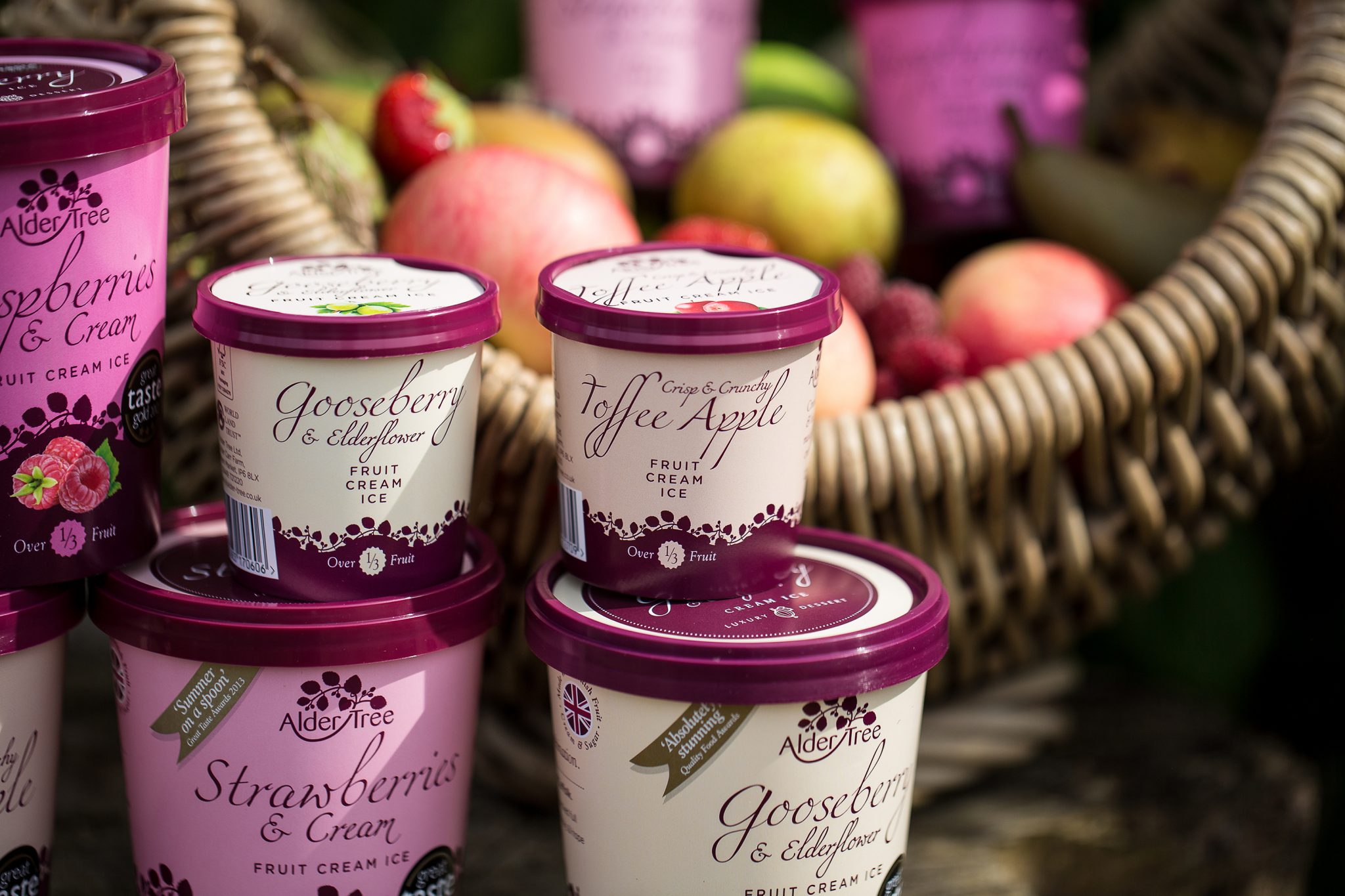
Producers supported: 100+
Most popular local product: This shifts with the seasons, from fresh fruit and vegetables grown at local farms to products from well-known local brands such as Fairfields Farm crisps, Aspalls cyder, Wilkin & Sons Ltd jams, preserves and sauces and Hillfarm Oils.
Established in 2007, Sourced Locally has brought fresh, delicious and affordable local products into East of England Co-op food stores.
One of the inspirations for the project came from a trip by Roger Grosvenor, joint chief executive at East of England, which took him past fields of locally grown asparagus. He wondered why this asparagus wasn’t available in-store, despite being grown just down the road.
Now, a decade on, there are more than 3,500 products available in the Sourced Locally range, from more than 100 local suppliers across Essex, Norfolk and Suffolk, and the scheme has ploughed more than £57m back into the regional economy.
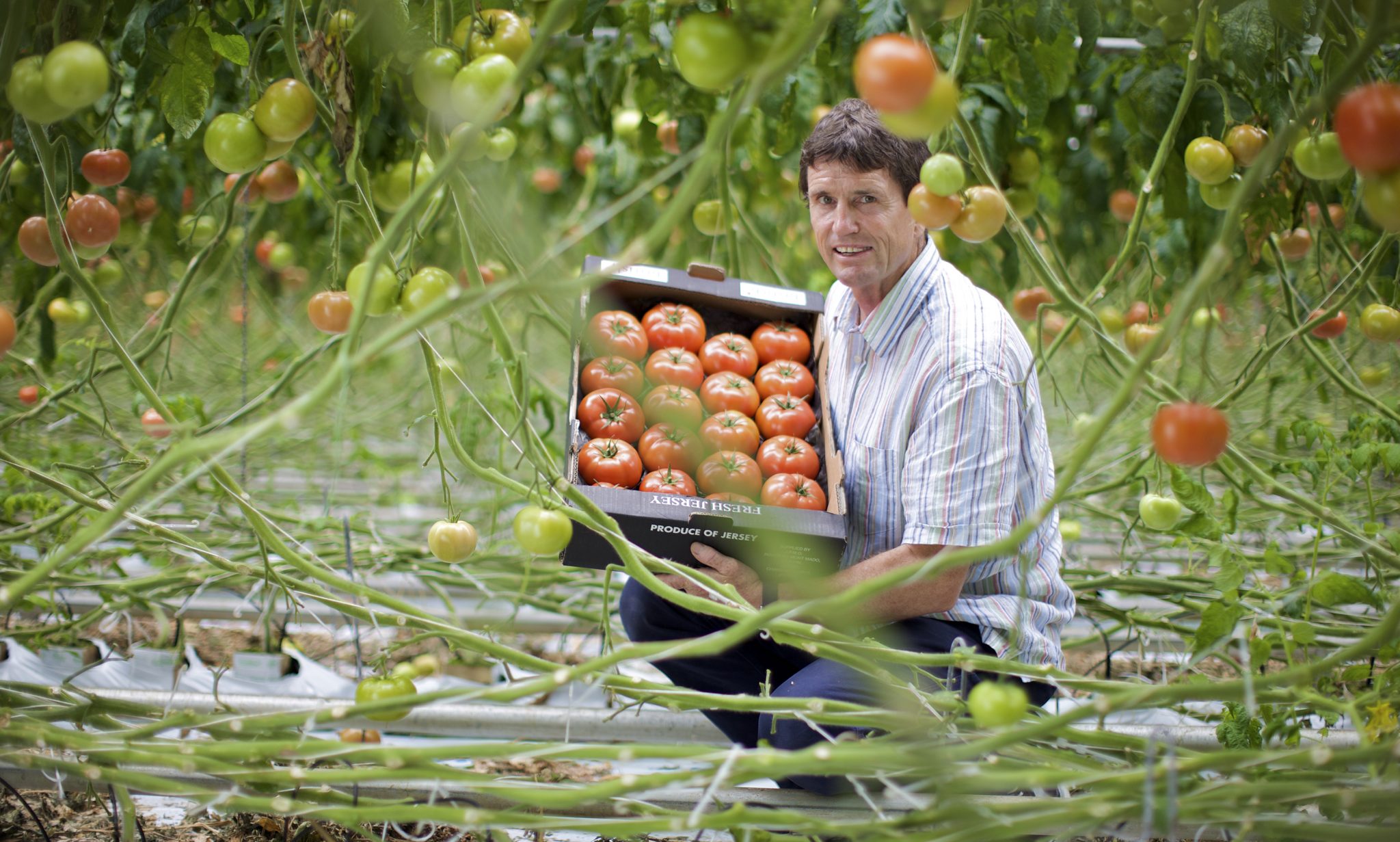
Producers supported: 40
Most popular local product: Tomatoes
The Channel Islands Co-operative is the biggest retail supporter of local suppliers in the region. Last year the society spent more than £11m with 40 food and drink producers in Jersey and Guernsey, for a local range which includes bread, alcohol, fudge, fresh fruit and vegetables, fish and meat, and eggs and dairy products.
“Each year, we actively engage with our 120,000 members to understand how we can better serve them and continually improve their shopping experience,” says Mark Cox, chief operating officer.
For the Channel Islands, the most challenging thing about the initiative has been encouraging new suppliers to get on board and getting publicity-shy farmers to step into the limelight. But the team has found helping small suppliers to grow and develop their business very rewarding. “It is rewarding seeing any investment we make in time and money go on to help local businesses thrive and flourish,” adds Mr Cox.
Producers supported: 200
Most popular local product: Local eggs, ham, Isle of Wight tomatoes and sausages. Craft beer, baguettes and rolls are also strong sellers alongside ice cream – if the weather is good…
Southern set up its Local Flavours range in 2007, and now has over 160 stores carrying local products.
“The programme was set up on the Isle of Wight in response to requests from the residents,” says Kate Hibbert, Southern Co-op local sourcing manager. “Produce was leaving the island to be sold on the mainland and many felt the products should be retained and sold locally.”
She believes that, as an independent regional retailer, it is vital Southern plays a pivotal role in supporting local food producers and the rural economy. “This is very much part of our business ethos as a co-operative.”
One of the hardest things for Southern was that smaller, artisan producers are not always in a position to supply retail ready products. “The produce may be amazing but packaging and branding are equally as important in our store environment, so we work very closely with them to get this right as well,” adds Ms Hibbert.
“It is also vitally important the products are priced correctly – one of the most common mistakes we see is that of a producer failing to take into account every cost of making a product.”
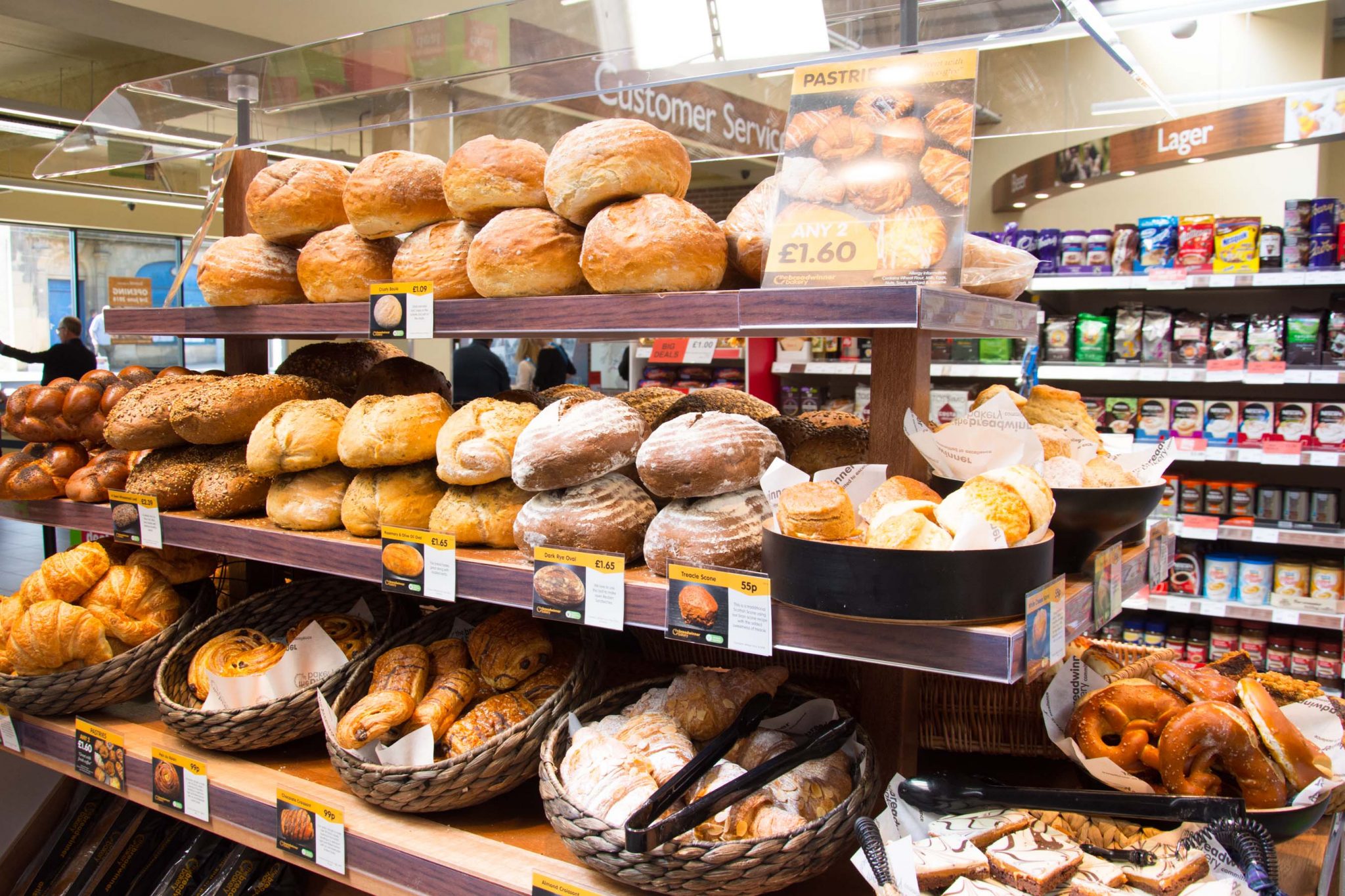
Producers supported: 150
Most popular local product: Craft bakery products, including the Scotch Morning Roll
Scotmid has actively worked with a range of local and regional suppliers over the last five years, developing close working relationships with a variety of Scottish and regional producers, who operate in the communities where Scotmid trades.
In particular, the society works closely with 17 craft bakeries and has become recognised as a real destination for craft bakery products – especially the Scotch morning roll, a soft bread roll.
The hardest thing about the initiative was “establishing contact and showing that we will work in partnership with our suppliers to develop sales to our mutual benefit,” said a Scotmid spokesperson. “But we have established a recognition among the various producers of working fairly and ethically and being open to ideas and innovation in an ever-changing environment.”
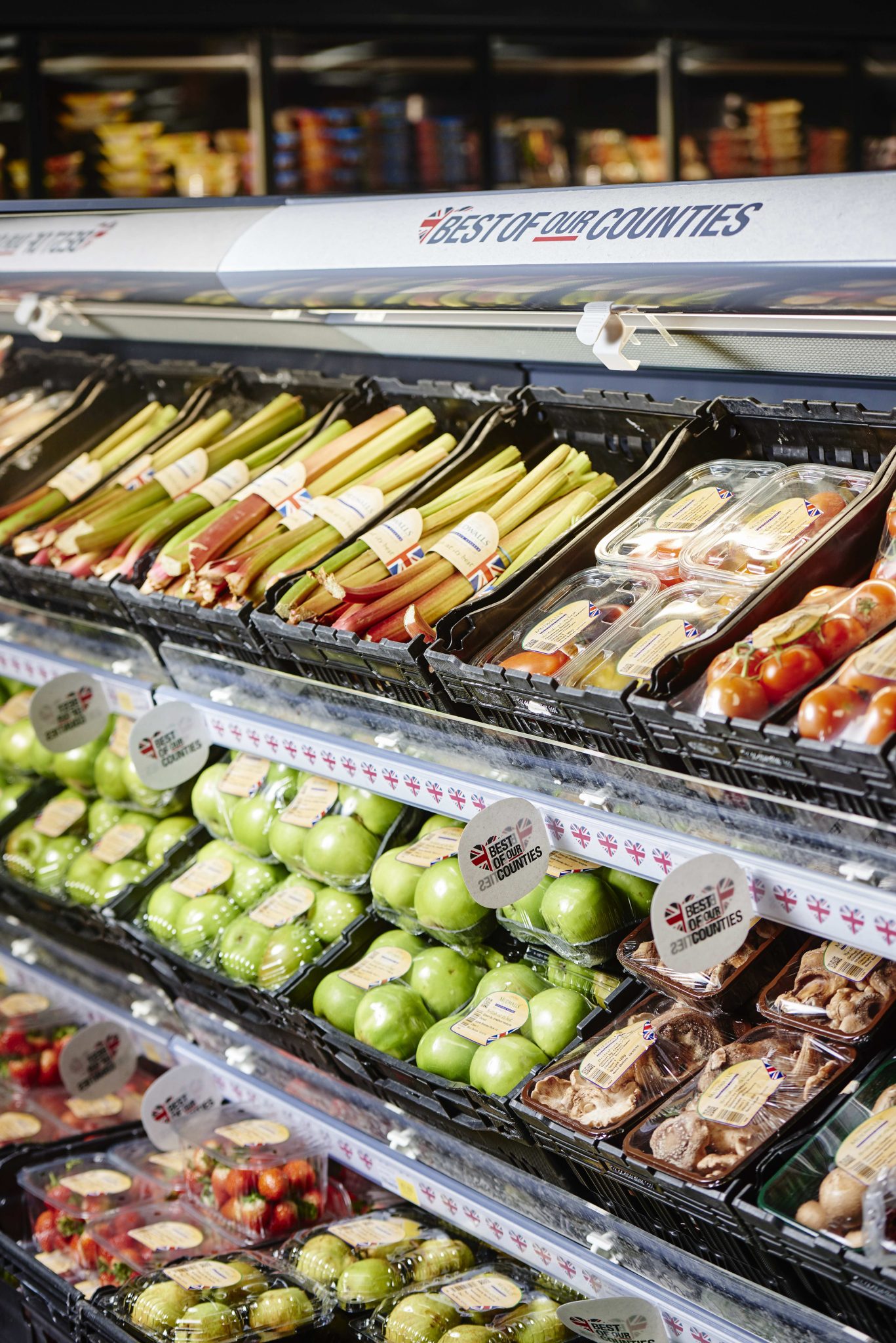
Producers supported: 196
Most popular local product: Items from their top suppliers such as Mudwalls in Warwickshire, The Meat Joint in Banbury and Cotteswold Dairy in Tewkesbury, as they produce everyday grocery essentials such as vegetables, meat and milk.
Midcounties set up Best of Our Counties in spring 2016 to showcase the array of local suppliers that it works with. “We’re committed to sourcing the best local producers in each county where we have stores, and to supporting local businesses,” said a Midcounties spokesperson. “When everyone is talking about supporting British producers, we truly are and we’re fully transparent with the traceability and provenance of our suppliers.”
Producers supported: 200+
Most popular local product: Healey’s Rattler Original Cider from Cornwall; during the summer this product flies off the shelf in the Group’s West Country stores. The top selling fresh line is Potters Yorkshire Farmhouse Free Range Large Eggs (6 pack)
The Co-op Group piloted its Supporting Local initiative in Yorkshire in 2015 – and it now stocks more than 150 local Yorkshire lines, including 23 Yorkshire breweries which are this year estimated to sell more than 500,000 pints at the Group. The programme is now rolling-out UK-wide with Lancashire, Cheshire, Cornwall, Devon, Wales, Avon and Somerset, and Cumbria all involved. By the end of the year the Group will be stocking over 1,100 Local products in its shops.
“Our members and customers tell us that food provenance, quality and trust are important – they want to see local producers on our shelves,” says the Group. “We are also committed to investing in local communities, contributing to local life. And this programme supports that.
“Backing local produce and British farmers and growers is about much more than just ‘hanging out the bunting’. Our approach sets out clear principles to foster closer relationships and support for local suppliers – we want these businesses to thrive.”
The hardest thing about the initiative has been creating an ‘edited’ local range when there are so many local products and producers to choose from, adds the Group. “The fantastic feedback from suppliers, who have been delighted to see Co-op supporting them by stocking their products, has been very rewarding.”
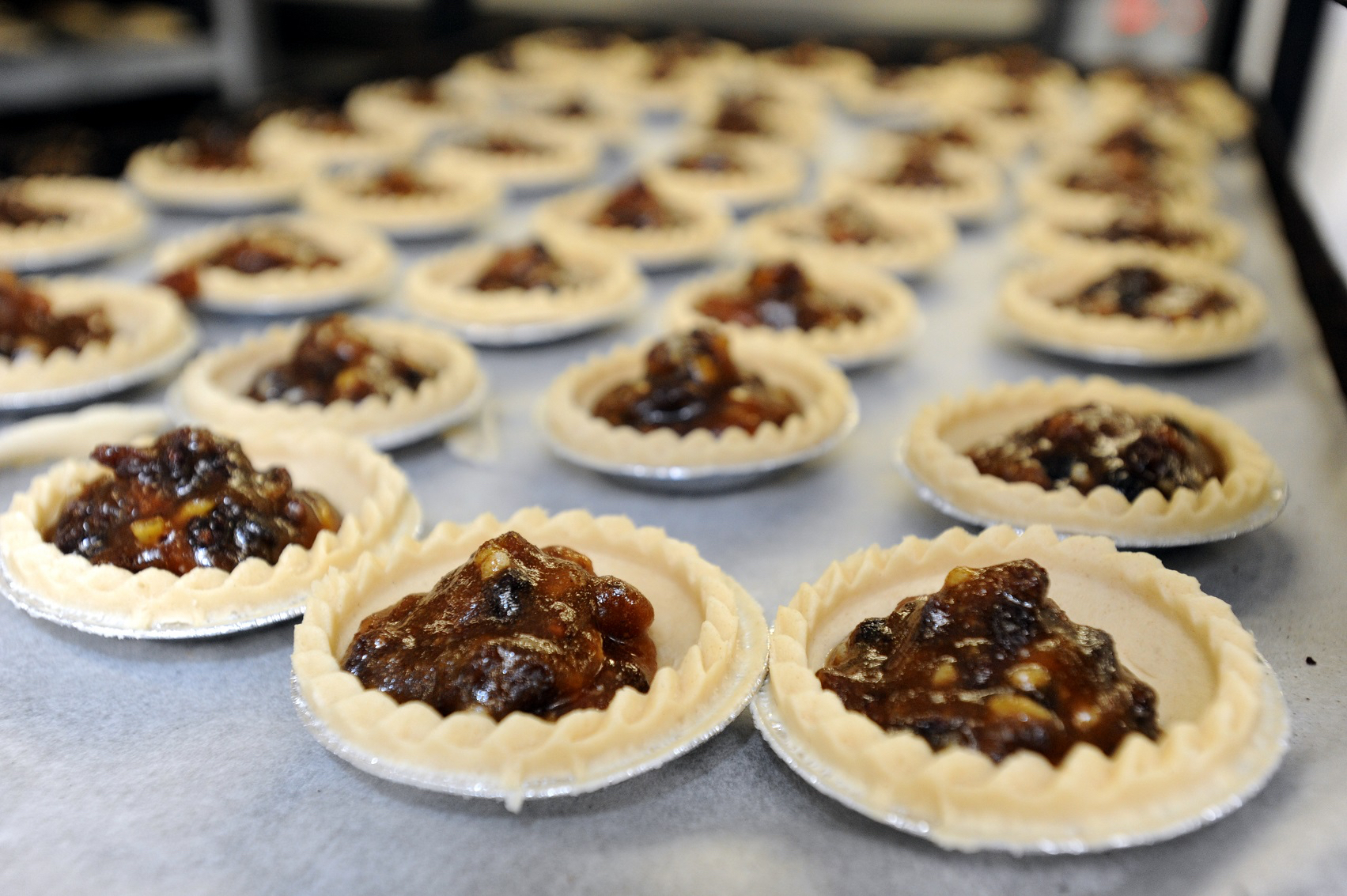
Producers supported: 40
Most popular local product: Pocklington’s sausage rolls are a big hit, as well as local cheeses such as Lincolnshire Poacher and Lymn Bank Farm Skegness Blue. Plus baked goods from its bakery, Gadsby’s, especially mince pies, which are so popular that they’re made and sold all year round.
Lincolnshire and the surrounding counties have a lot of well-established names, and Lincolnshire Co-op has had a number of local producers on its shelves for many years. In 2008, the society launched ‘Local Choice’ to give smaller and artisan producers a route to market. This has since become the ‘Love Local’ range.
“Growing the local economy is at the heart of what we do,” said a Lincolnshire Co-op spokesperson. “Knowing the sheer volume of high quality, local producers and hearing stories such as the diversification of farmers who began developing their own products, it was clear that having a range like Love Local was something that fitted well with our purpose and ethos.”
Lincolnshire now stocks over 100 local products, from dog food to jam, overcoming a number of small challenges along the way. “One issue that everyone worked hard to overcome was making the leap from smaller sales in producers’ own shops and farm shops to convenience retailing through our stores. This involved working closely with them to develop packaging, bar coding and marketing,” said the society.
“Recently, we supported the development of chutney producer, Just Like Your Grannies. As well as making innovative changes to their recipes to make them gluten free to reflect demand, they altered its packaging to a more contemporary design, and its sales have increased 34% over two years.”
Central England stocks over 400 locally sourced products in its stores, from fish smoked in a traditional smokehouse in Lowestoft to cakes from Fatherson Bakery in Alcester. Most recently it launched a range of premium, handpicked delicatessen products.
Radstock works with local producers to promote and provide shelf space for their products. High quality products from Somerset include wines, ales, ciders, meat, cheese, eggs, ice cream, beverages, bakery products and pet food as well as a local vegetarian and vegan ranges.
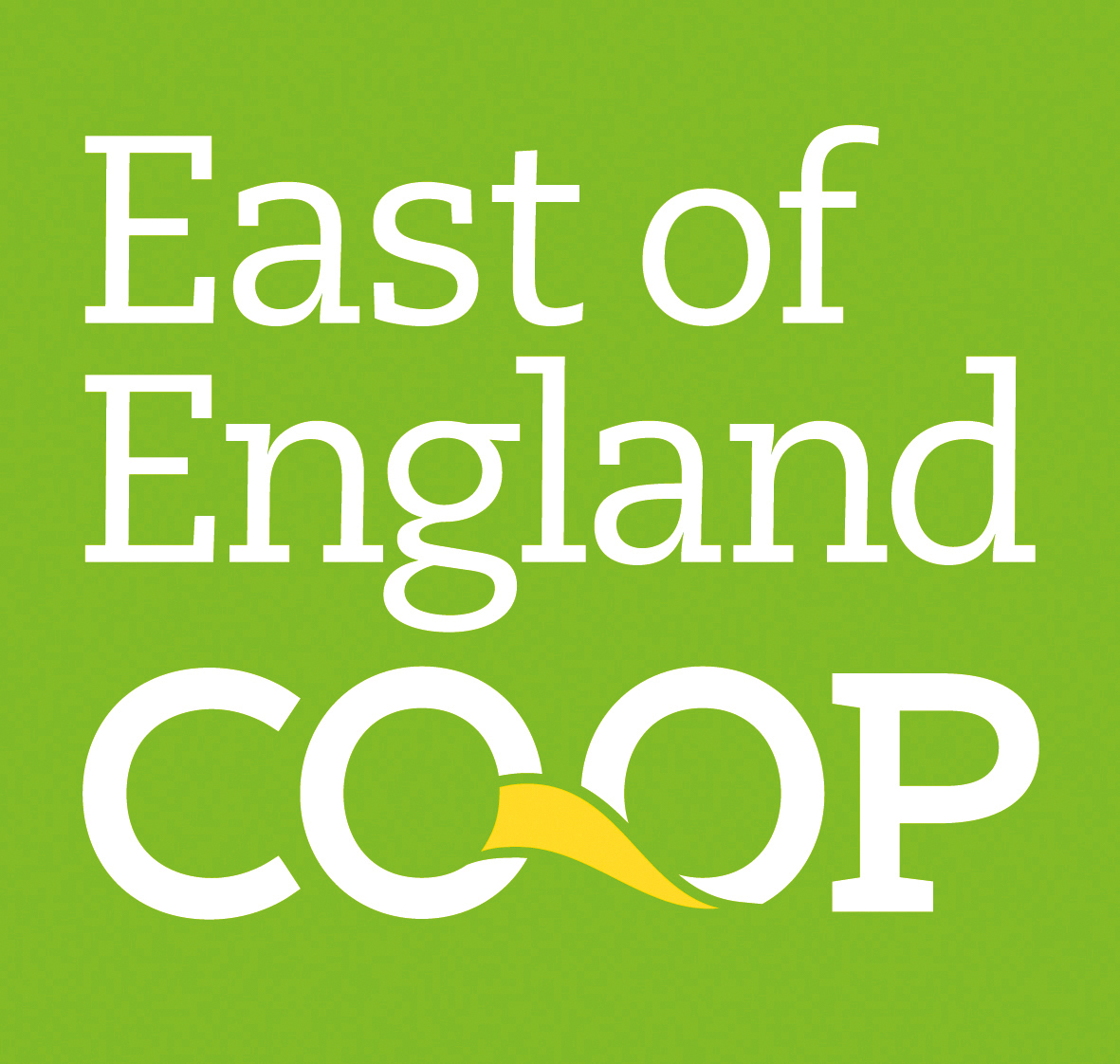
- This focus on British Food is supported by East of England Co-op, the largest independent retailer in East Anglia with more than 230 branches across Norfolk, Suffolk, Essex and Cambridgeshire. It runs a wide range of businesses, including food retail, funeral, travel, pharmacy, Post Offices, opticians and investment property. It is owned by more than 288,000 members and in 2017 members shared a dividend of more than £3 million.
- Find more coverage on co-ops and British Food Fortnight here.